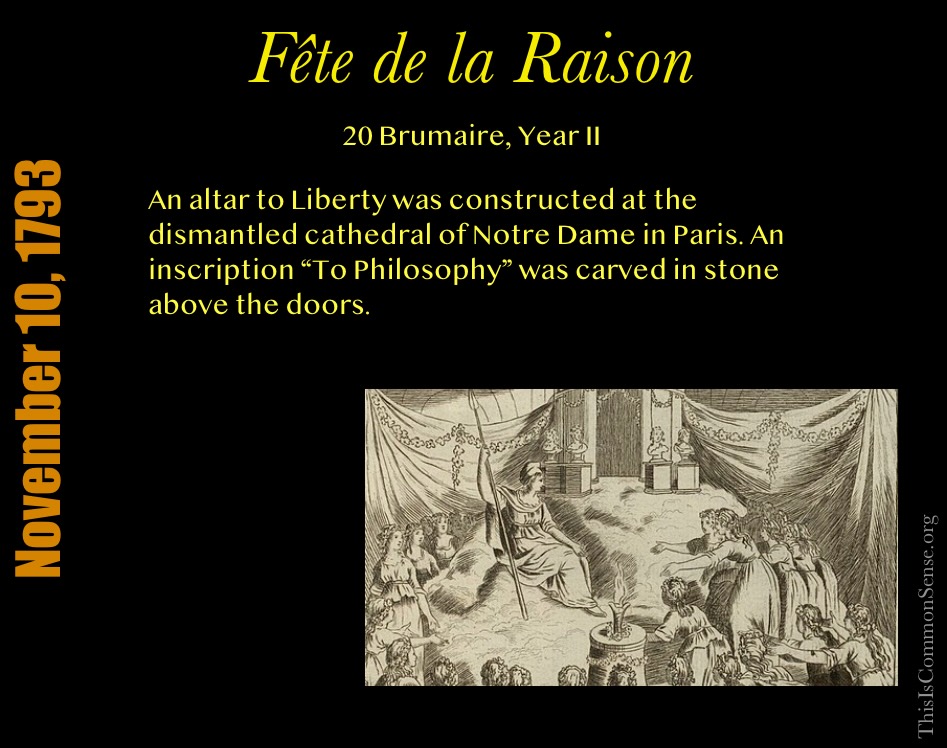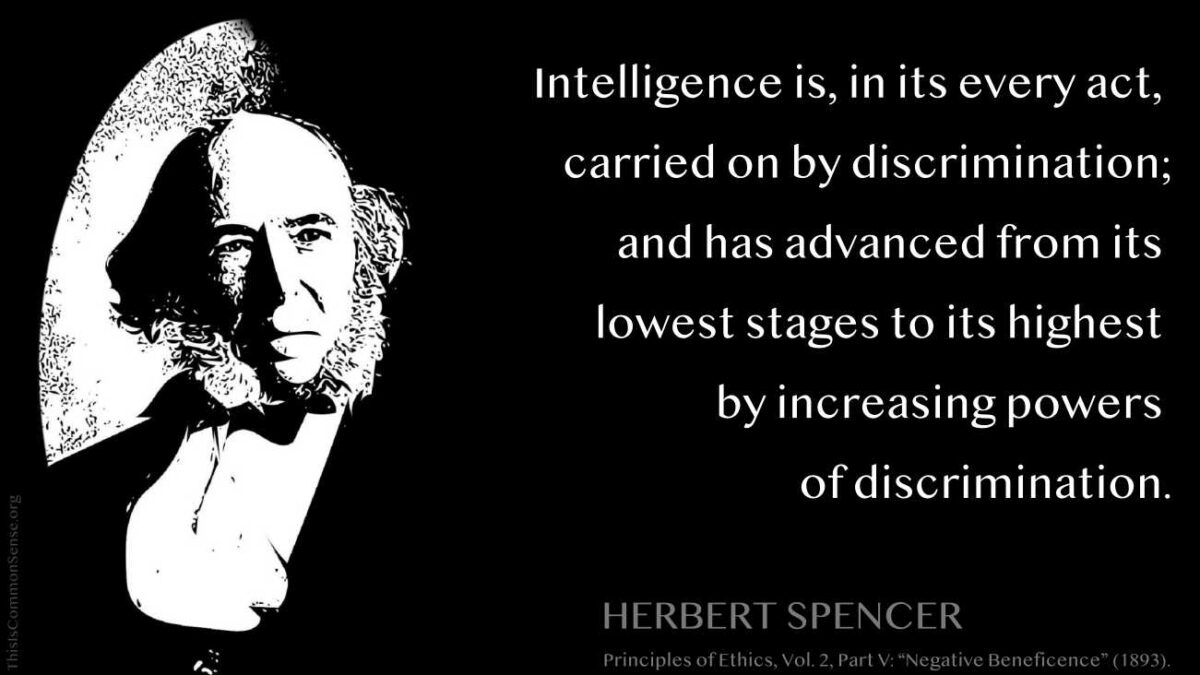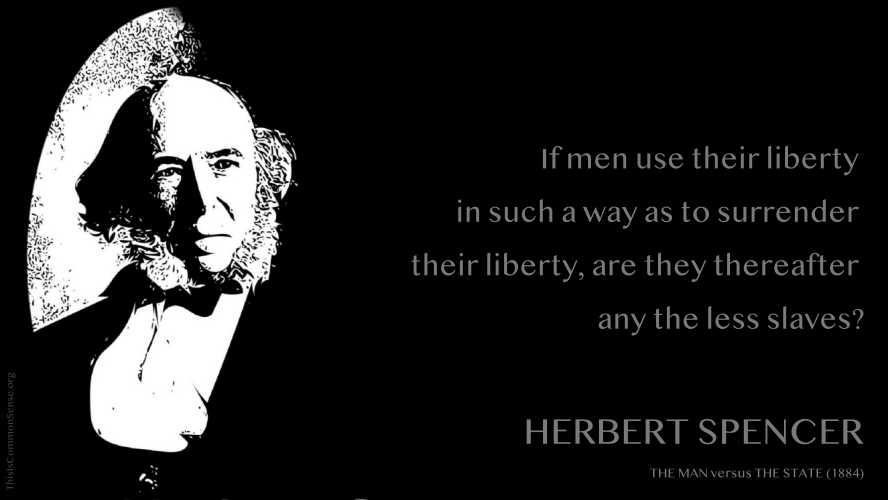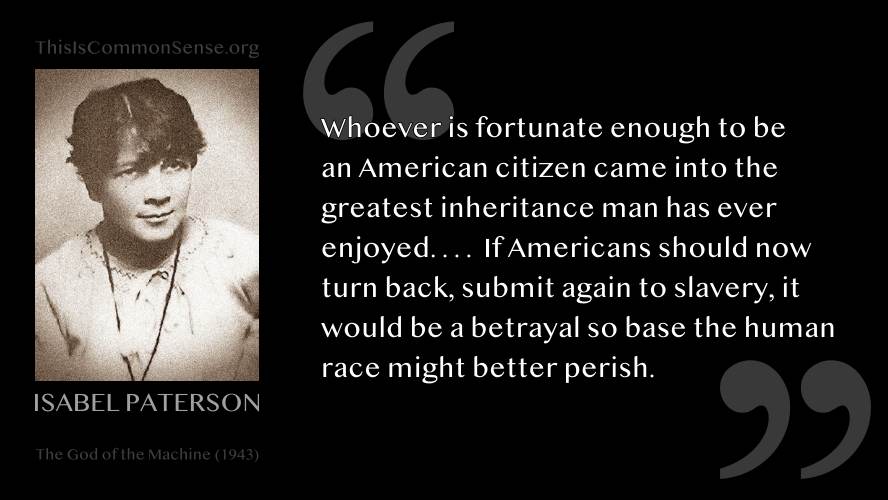The mental action by which from moment to moment we thus, in ways commonly too rapid to observe, class the objects and acts around, and regulate our conduct accordingly, has been otherwise named by some, and especially by Professor Bain, ‘discrimination.’ Intelligence is, in its every act, carried on by discrimination; and has advanced from its lowest stages to its highest by increasing powers of discrimination. It has done this for the sufficient reason that during the evolution of life under all its forms, increase of it has been furthered by practice or habit as well as by survival of the fittest; since good discrimination has been a means of saving life, and lack of it a cause of losing life.
Herbert Spencer, Principles of Ethics, Vol. 2, Part V: “Negative Beneficence” (1893), Chapter 1: “The Kinds of Altruism.”





